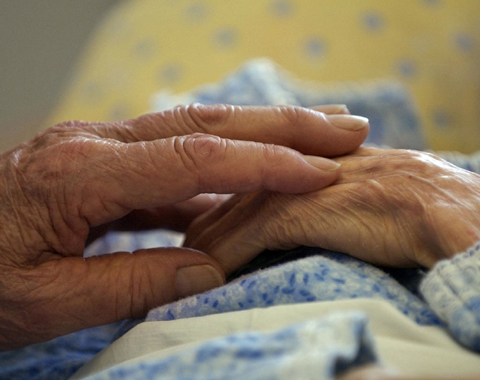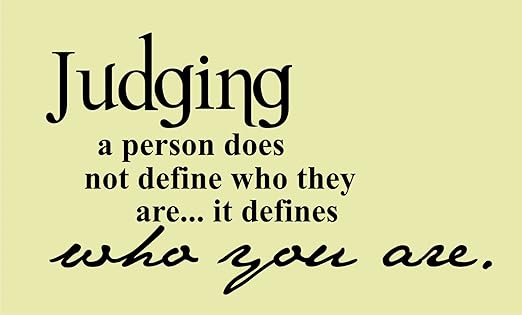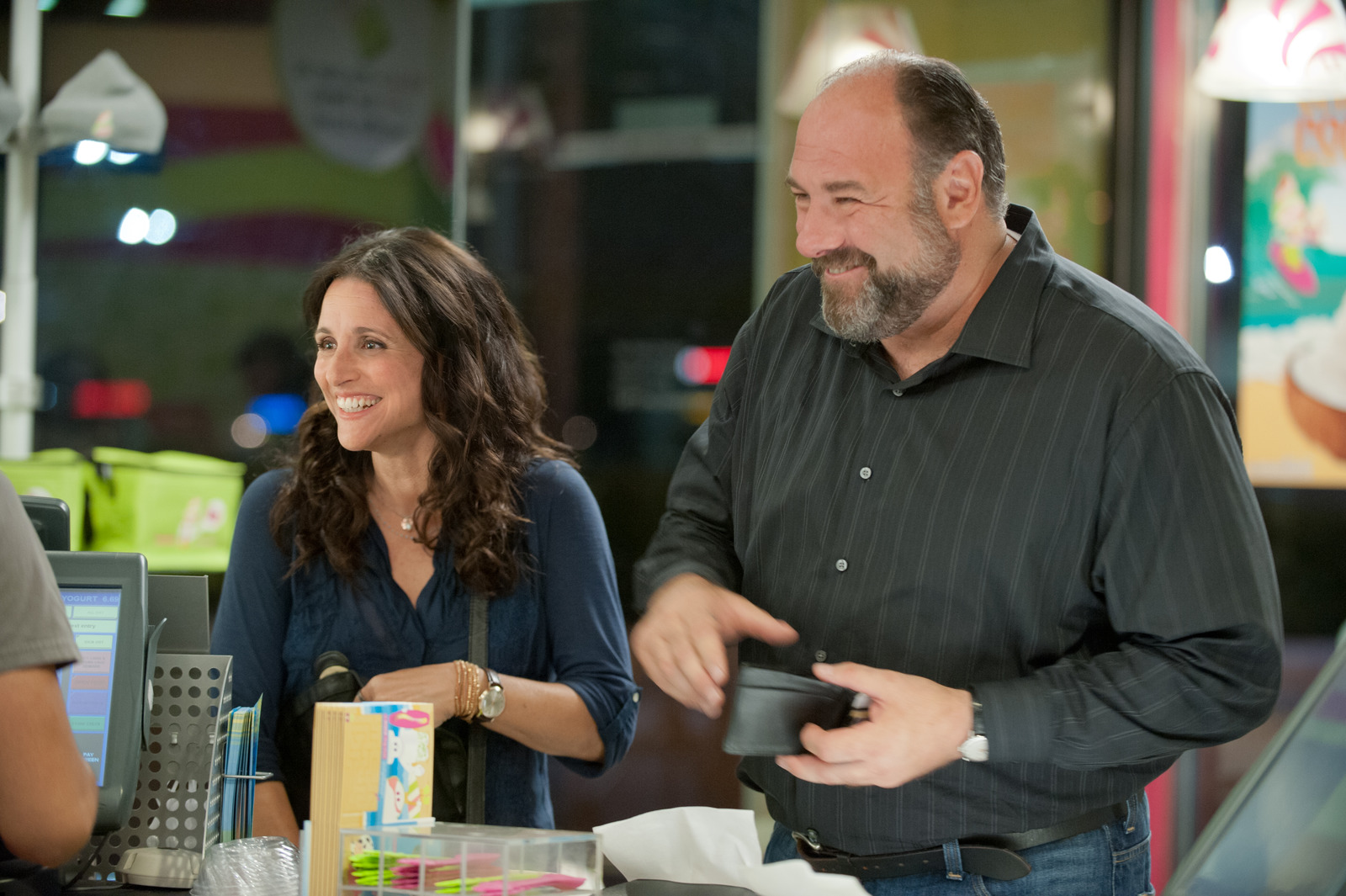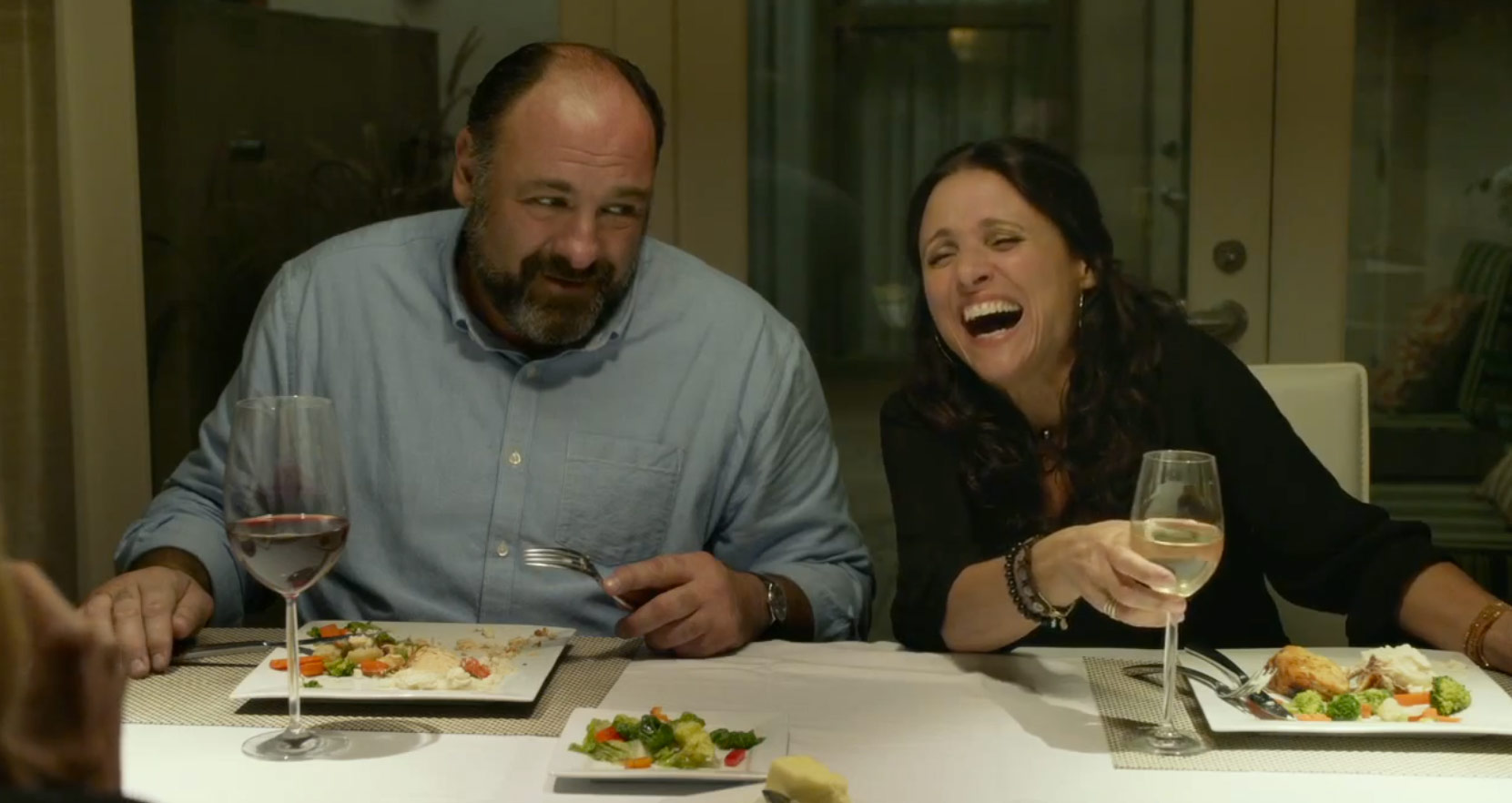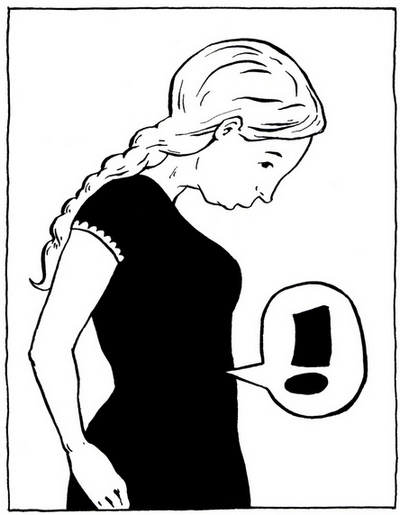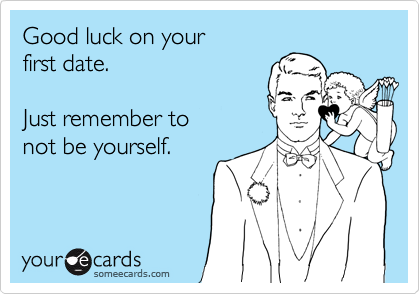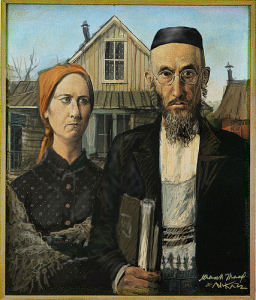Enough Said (2013): I'm going to completely tell over the story here, so for those who had plans on watching it, you've been warned.
Eva is a middle-aged and divorced massage therapist, forlorn that her daughter will be leaving to college soon. She attends a party with her married friends, Will and Sarah, and is introduced to Marianne, a poet. Eva is immediately taken with Marianne, finding her chic and glamorous. Later in the evening, she also meets Albert.
Albert asks Will for Eva's phone number, and the two go out on a date. The evening doesn't begin promisingly—he insists he had made the dinner reservation, but they end up waiting for a table—but as the night goes on, their conversation is easy and comfortable.
Albert is also divorced, and as the two continue to see each other, he tells Eva about his personal quirks that drove his ex-wife crazy. Eva herself doesn't initially think his preferences are so bad, like avoiding onions in guacamole.
Marianne, in the interim, calls Eva for her massage services, and Eva is drawn to Marianne's intellectual depth, beautiful home, and lack of cellulite. The two soon become friends, and Marianne complains about her ex-husband constantly. One example: She calls him a loser for not owning nightstands.
One day, Eva recognizes one of Marianne's stories about her ex: he's Albert. Shaken, she begins to coax Marianne to tell her more about Albert's faults. She admires Marianne, and allows her rantings to change her perception of Albert. She thinks back to her own first marriage, and believes she willfully ignored the warning signs. She wants to avoid another heartbreak.
Eva begins to draw away from Albert, and nitpicks about silly things. At dinner with Will and Sarah, Eva begins to give snarky voice to all of Marianne's criticisms; so sure is she of Marianne's righteousness that she doesn't realize her friends are giving her odd looks as she nags and laughs at Albert. Albert keeps up a good face until they get into the car, and in calm fury he says it was like being with his ex-wife.
In a grand-reveal scene, Albert finds out that Marianne is Eva's client, and Marianne finds out that Eva has been dating Albert. Albert, hurt and betrayed, quietly breaks up with Eva, who is roiling with remorse. She messed up a good thing, and she knows it.
At the end of the film, there is a nice reconciliation (Eva parks her car in front of Albert's house, he sees her, they chat, and I think they make up).
Moral:
This whole premise sounded so familiar to me. I meet someone new, I think they're charming, then a friend snidely dismisses my pal, and I wonder about my own ability to make accurate judgements.
I think this can also be dangerous when dating, as friends are brought in to discuss what should be a relationship between two people, and two people alone.
Eva had a girl-crush on Marianne, and because of that, she deferred to her in all her opinions, even though many of them were overtly ridiculous and contradictory. Marianne herself confides to Eva that she has very few friends; then, on a separate rant, she sneers that Albert has none. Like, how nuts is that?
In recent years I've tried to make a point not to allow the observations of others color my own interactions. I was quite proud of myself when X said that Y is "weird."
I crisply replied, "She's lovely."
X was no longer so sure of herself, and nervously retracted her statement.




